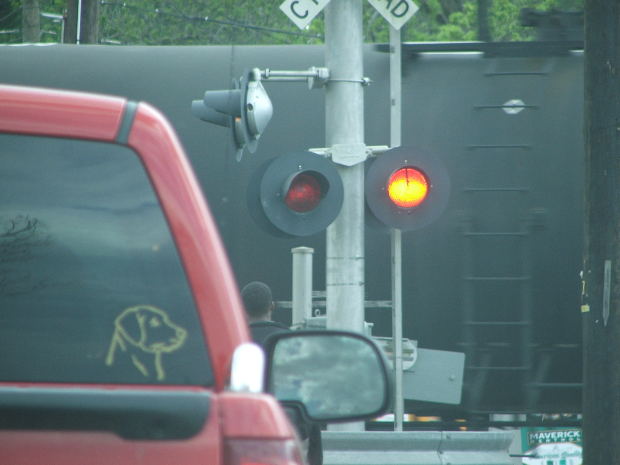Lindner v. Union Pacific Railroad Co., a case from the U.S. Court of Appeals for the Seventh Circuit, involved a couple who were driving under a railroad bridge when a train derailed above them. The train derailment caused the bridge to collapse and land on the couple’s vehicle. Both occupants of the car, husband and wife, were killed in the tragic accident.
 The decedents’ son filed a wrongful death action against the railroad alleging that the accident was due to negligence. As your Boston personal injury attorney can explain, a wrongful death action is a type of negligence case typically filed by one or more of the surviving heirs of the decedent in the name of the estate.
The decedents’ son filed a wrongful death action against the railroad alleging that the accident was due to negligence. As your Boston personal injury attorney can explain, a wrongful death action is a type of negligence case typically filed by one or more of the surviving heirs of the decedent in the name of the estate.
This case was filed in federal court. A personal injury can be filed in federal court if it implicates a “federal question” or there is diversity of citizenship and the amount in controversy (claim) is more than $75,000. In this context, diversity of citizenship means that the plaintiff(s) and defendant (s) reside/operate in different states. Here, the plaintiffs were from Illinois and the railroad had its headquarters in Delaware. Many companies have their headquarters in Delaware, due to the state’s laws being favorable to corporations.
During discovery, the plaintiff learned that two railroad employees were present at the scene of the derailment and were working to address a situation involving the condition of a track on the bridge. The plaintiff amended his complaint to include this specific act of negligence, arguing that they should have done more to prevent the train from derailing.
The defendant opposed the amendment on grounds that a federal preemption statute prevented it. The trial court granted the plaintiff leave to amend the complaint to include this act of alleged negligence. However, the amendment added two new defendants that were not diverse from the plaintiff’s citizenship, and the case was remanded to state court. Remand means that the case was removed from federal court and transferred to a state court.
The railroad company appealed this ruling by the trial court. The appellate court noted that, under federal rules, this type of order is generally not reviewable by a court of appeals absent some very unique exceptions. The court concluded that no exception applied to this set of facts.
The defendant also requested a writ of mandamus, which is a rarely used remedy that allows a higher court to order a lower court to take a particular action. The issuance of this writ requires a finding that the party requesting it had an indisputable right to this extraordinary relief. The appellate court ruled that this writ was not appropriate.
If you are injured in an accident in Massachusetts, call Jeffrey Glassman Injury Lawyers for a free and confidential appointment — (617) 777-7777.
Additional Resources:
Lindner v. Union Pacific Railroad Co., August 11, 2014, U.S. Court of Appeals for the Seventh Circuit
More Blog Entries:
Massachusetts Train Accidents A Growing Concern, May 3, 2014, Boston Personal Injury Lawyers Blog
 Boston Personal Injury Attorney Blog
Boston Personal Injury Attorney Blog

